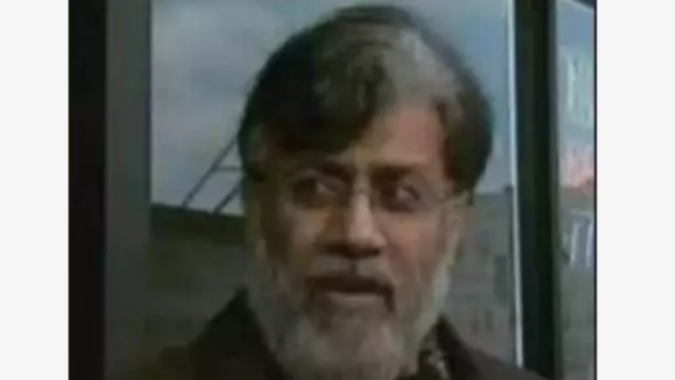NEW DELHI: Almost 15 years since the 26/11 attacks shook Mumbai, killing 166 people, the National Investigation Agency — which is investigating the role of David Coleman Headley, a US citizen of Pakistani origin, in the larger conspiracy — can look forward to a decision by the US court on extradition of Headley’s aide and financier Tahawwur Rana, a Pakistani-origin Canadian businessman currently in US custody, to India.
NIA sources said the US District Court in the Central District of Los Angeles, California, had recently indicated that a verdict on Rana’s extradition would be out by May 20. NIA is keeping itself in readiness for possible extradition proceedings, in the event of the US court ruling in its favour on the basis of the evidence the agency has submitted against Rana, through the US department of justice.
While Headley was also chargesheeted in the NIA case, he cannot be extradited on account of a plea bargain he had entered into with the US attorney. Headley pleaded guilty on all charges including his role in 26/11, but the plea bargain agreement has insulated him from death penalty as well as extradition to India, Denmark or Pakistan.
Rana is wanted by NIA for having knowingly submitted forged papers to secure an Indian business visa for Headley’s visits here, which he used to conduct reconnaissance of various 26/11 targets. Rana, as per a US court document, was aware that Headley was working for Lashker e Taiba. By assisting him in securing a visa to India with forged papers and affording Headley a cover by misrepresenting him as an aide in his immigration business looking to set up operations in Mumbai, Rana was supporting the terrorist organisation and its associates, it was alleged. Rana also knew of Headley’s meetings with his LeT handlers, what was discussed, and the planning of 26/11 attacks, including some of the targets. “It was foreseeable that these attacks would lead to death, injury, and destruction of property,” the US court document had said.
Recently, a US court in California had dismissed a status conference motion by the 62-year-old Rana — seeking a court-ordered meeting between the prosecution and defence to discuss the details and a plea bargain — stating that it anticipates a ruling on his extradition to India within 30 days.
Rana was arrested in the US on an extradition request by India.
Judge Jacqueline Chooljian of the US District Court in the Central District of Los Angeles, California, held the last hearing on this issue in June 2021 and the last set of papers was filed in July that same year. The court is yet to give a verdict on the US government’s request to extradite Rana to India.
NIA sources said the US District Court in the Central District of Los Angeles, California, had recently indicated that a verdict on Rana’s extradition would be out by May 20. NIA is keeping itself in readiness for possible extradition proceedings, in the event of the US court ruling in its favour on the basis of the evidence the agency has submitted against Rana, through the US department of justice.
While Headley was also chargesheeted in the NIA case, he cannot be extradited on account of a plea bargain he had entered into with the US attorney. Headley pleaded guilty on all charges including his role in 26/11, but the plea bargain agreement has insulated him from death penalty as well as extradition to India, Denmark or Pakistan.
Rana is wanted by NIA for having knowingly submitted forged papers to secure an Indian business visa for Headley’s visits here, which he used to conduct reconnaissance of various 26/11 targets. Rana, as per a US court document, was aware that Headley was working for Lashker e Taiba. By assisting him in securing a visa to India with forged papers and affording Headley a cover by misrepresenting him as an aide in his immigration business looking to set up operations in Mumbai, Rana was supporting the terrorist organisation and its associates, it was alleged. Rana also knew of Headley’s meetings with his LeT handlers, what was discussed, and the planning of 26/11 attacks, including some of the targets. “It was foreseeable that these attacks would lead to death, injury, and destruction of property,” the US court document had said.
Recently, a US court in California had dismissed a status conference motion by the 62-year-old Rana — seeking a court-ordered meeting between the prosecution and defence to discuss the details and a plea bargain — stating that it anticipates a ruling on his extradition to India within 30 days.
Rana was arrested in the US on an extradition request by India.
Judge Jacqueline Chooljian of the US District Court in the Central District of Los Angeles, California, held the last hearing on this issue in June 2021 and the last set of papers was filed in July that same year. The court is yet to give a verdict on the US government’s request to extradite Rana to India.
